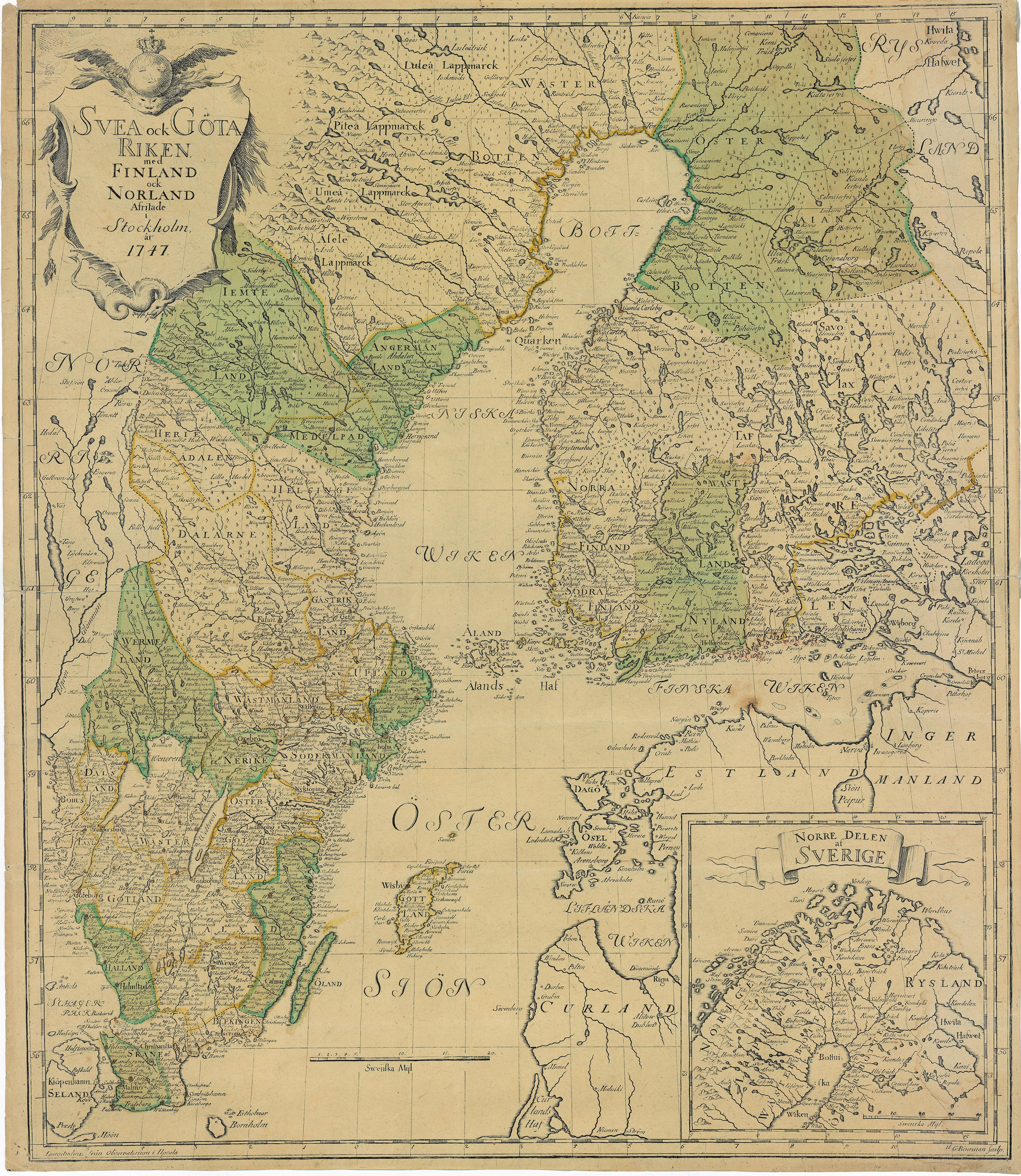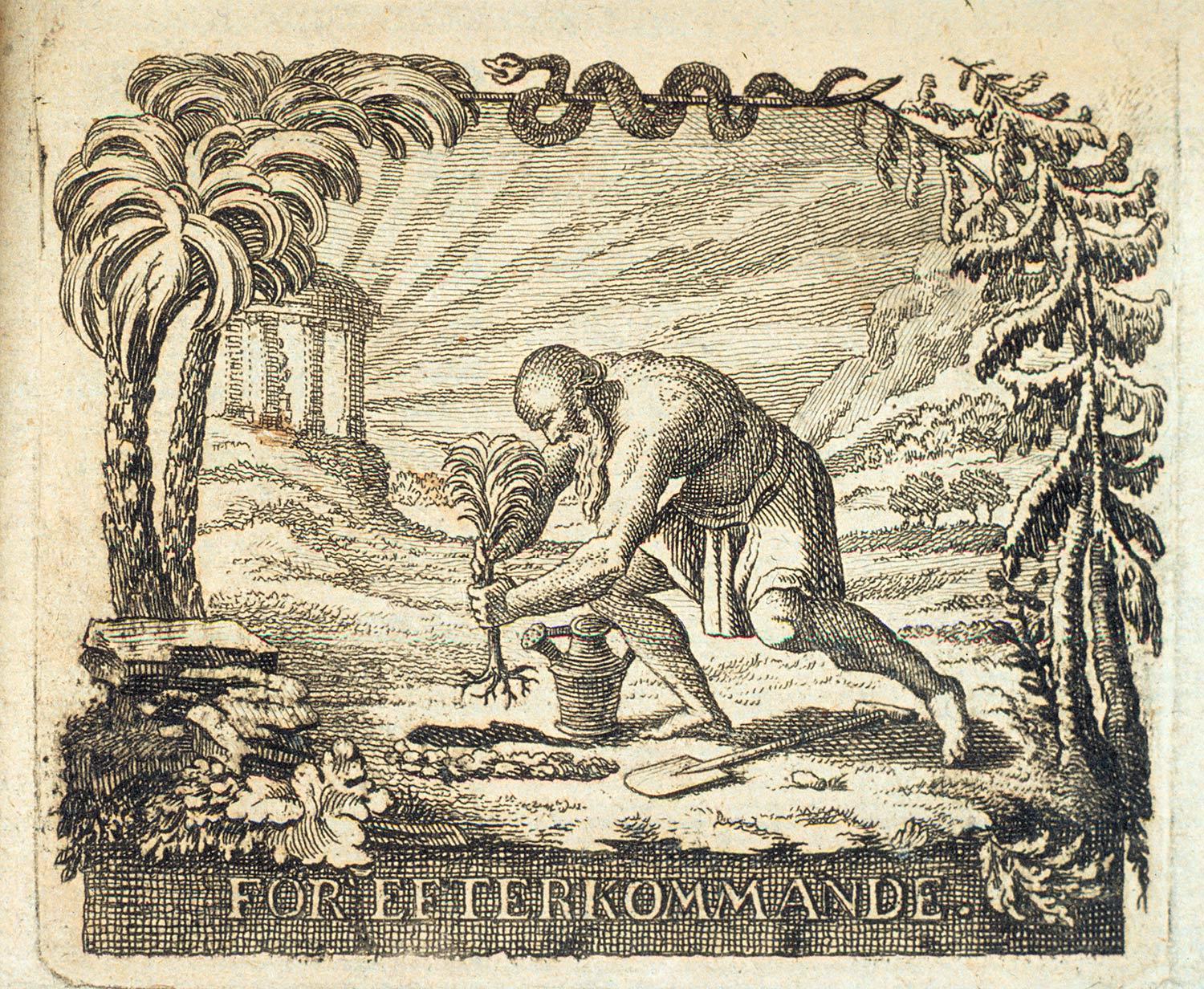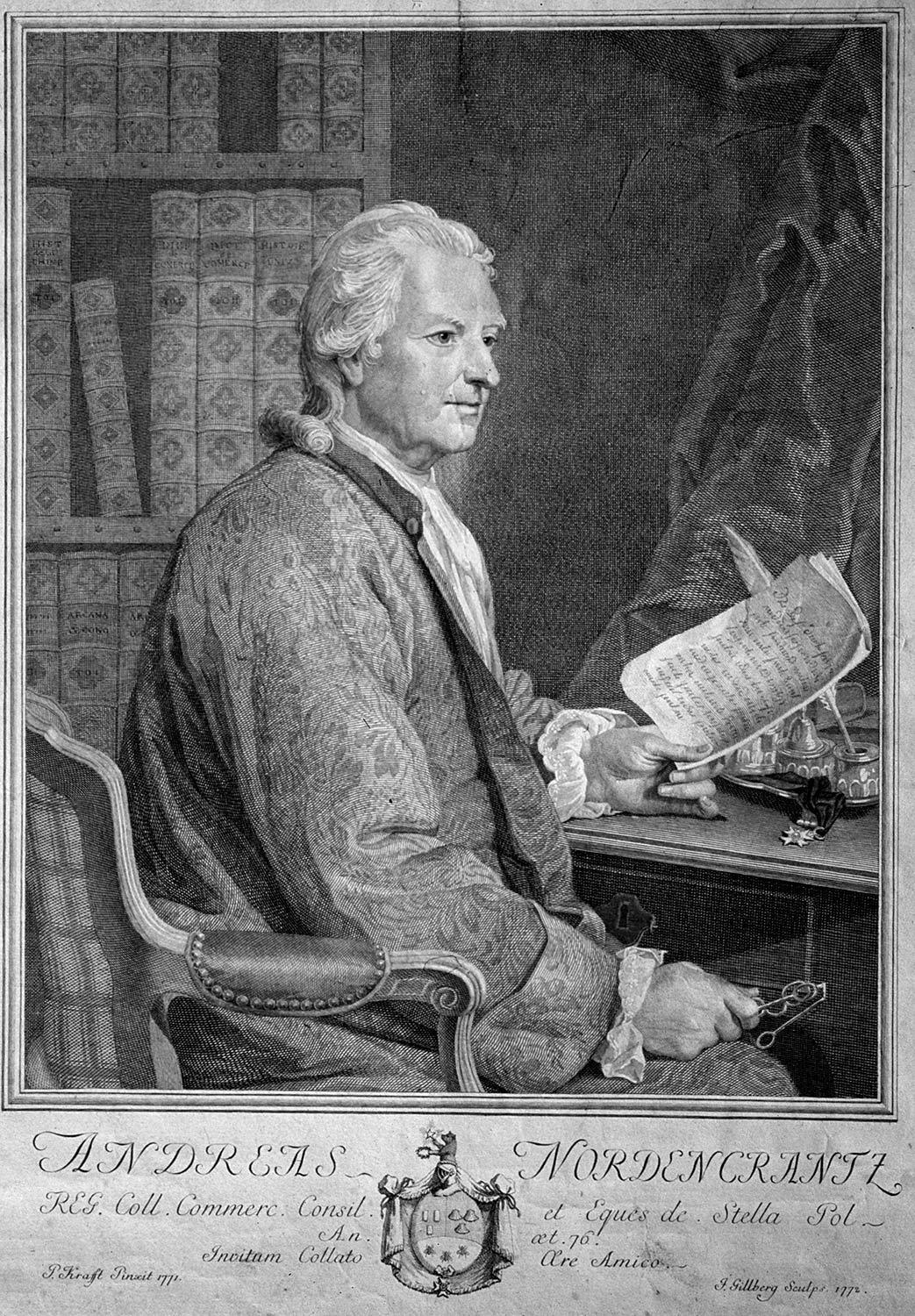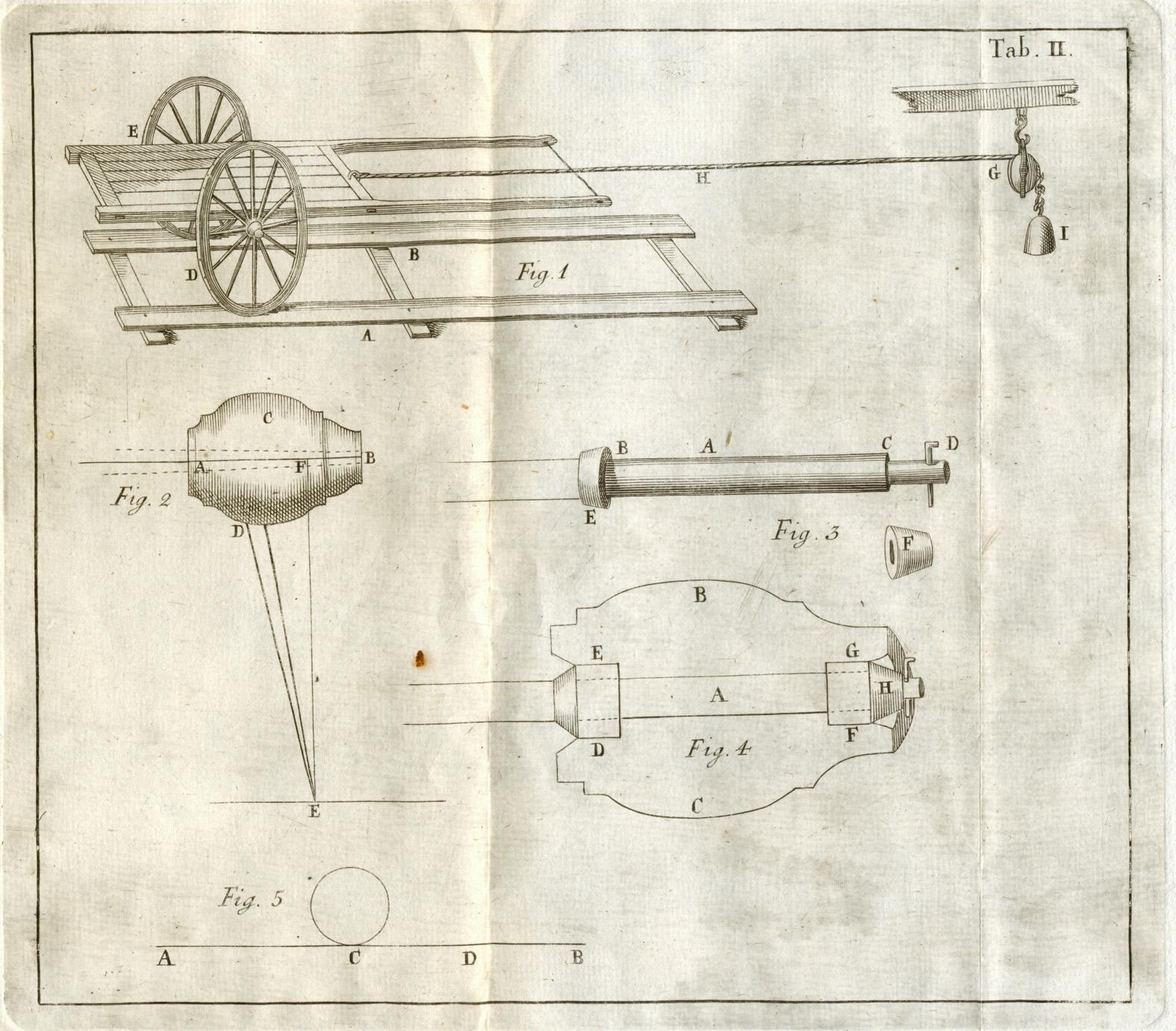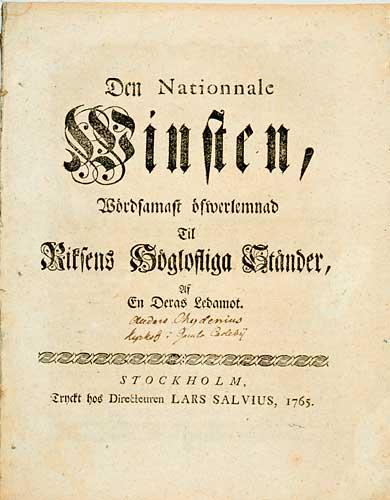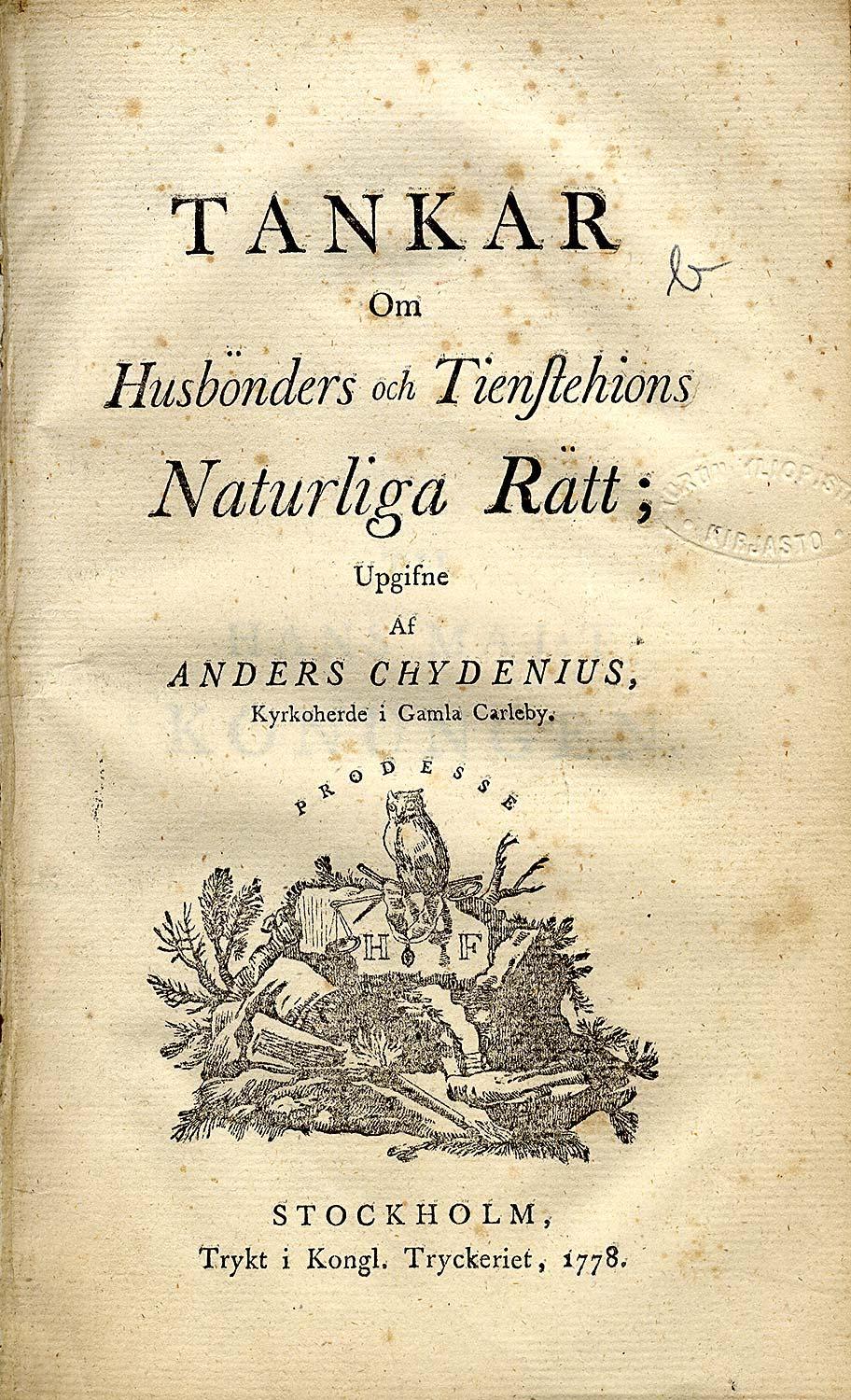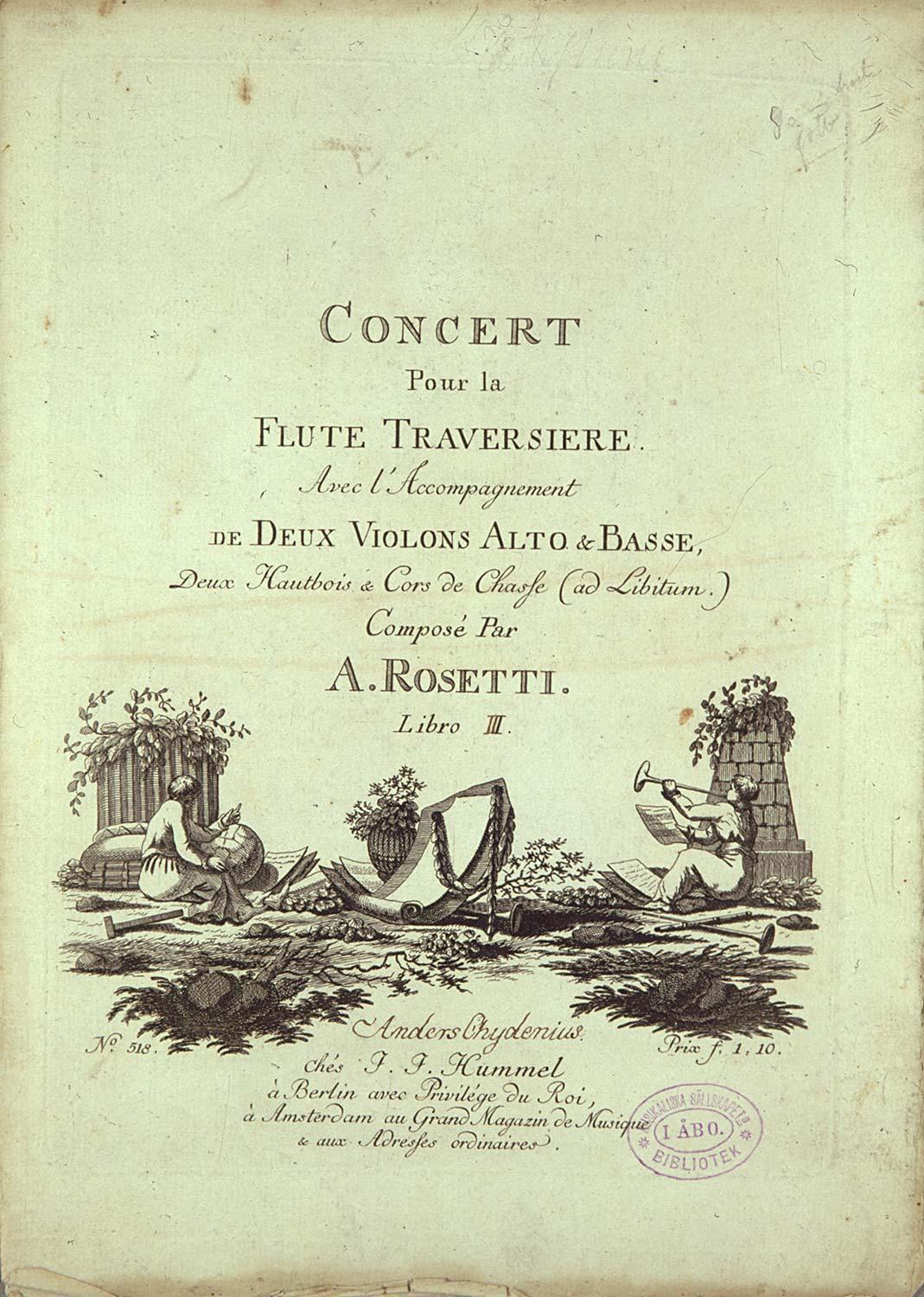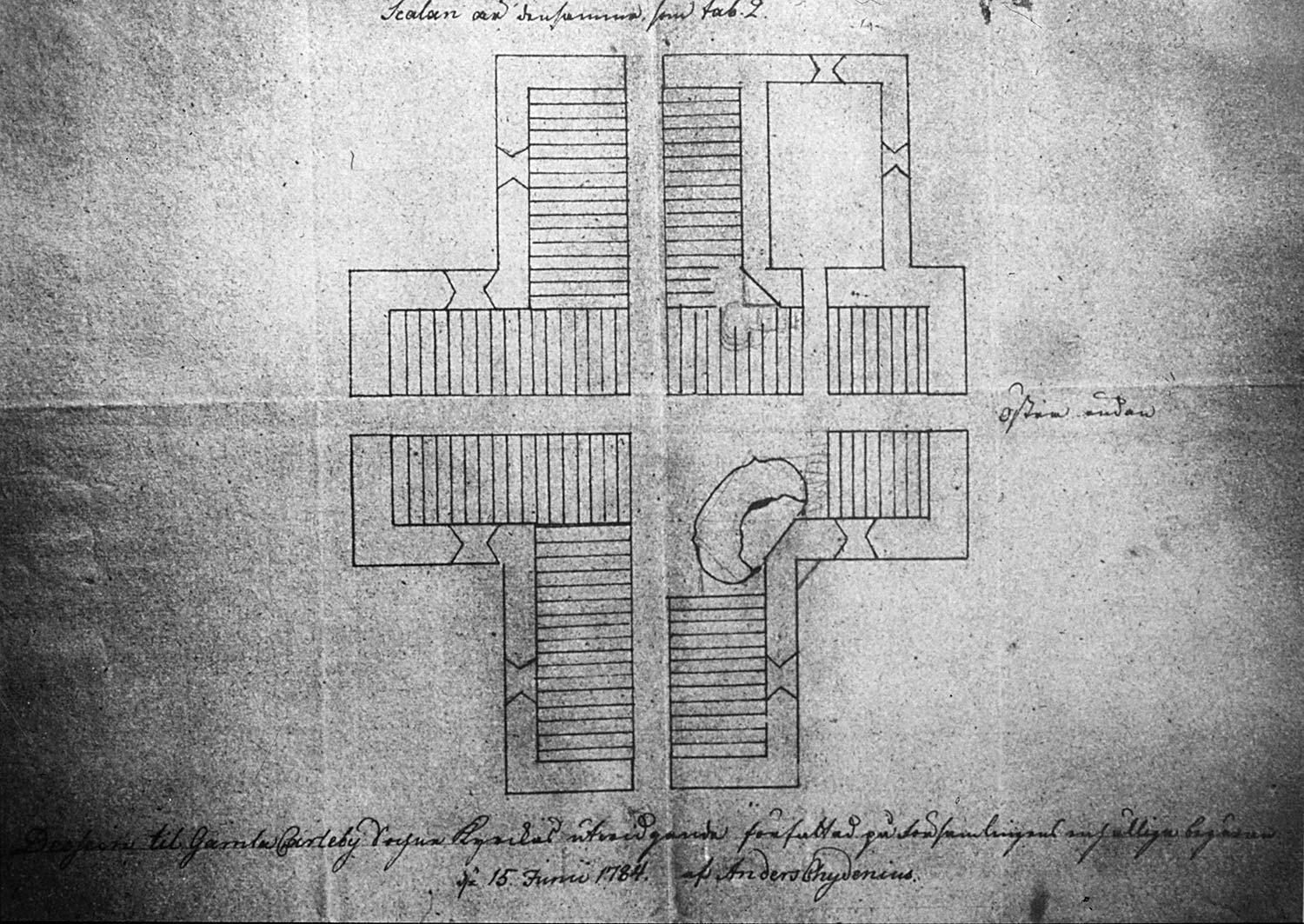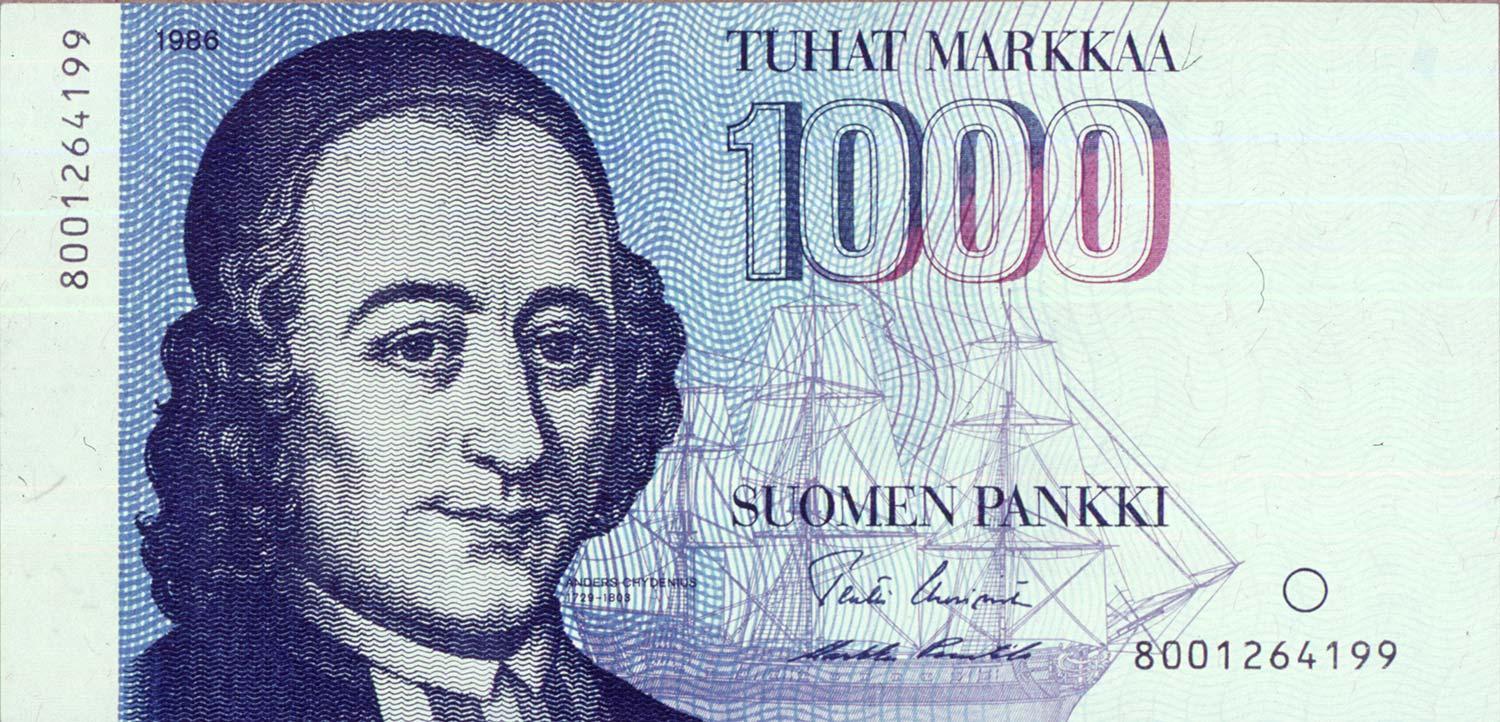A Remedy for the Country
The Problem of Inflation
Since the 1740’s severe inflation had troubled Sweden, the basic reasons for which were the financing of the war operations of the Hats through the abundant issue of bank-notes, and the State Bank’s open-handed granting of loans. Many contemporaries however did not acknowledge these factors – inflation was seen as being caused by e.g. speculation.
From the year 1745 the State Bank was unable any more to purchase bank-notes with copper money, so that in practice the coinage was based upon a paper standard. At the Diet of 1765–1766 the leadership of the Caps advocated a plan for political reasons according to which the value of money ought to be gradually raised, returning it to the level of 1737, in other words doubling its value – in this way all those who had suffered from the “criminal” monetary politics of the Hats would obtain redress.
Chydenius’ Criticism
 At the commencement of the Diet the Caps took upon themselves the task of condemning the opposition, and thus the first in the line of fire were the exchange office shareholders, who were seen as having caused inflation by their speculation. The exchange office was the concern of a few businessmen, who at the commission of the government and with the security of state funding attempted to safeguard the value of Swedish assets in the years 1758–61.
At the commencement of the Diet the Caps took upon themselves the task of condemning the opposition, and thus the first in the line of fire were the exchange office shareholders, who were seen as having caused inflation by their speculation. The exchange office was the concern of a few businessmen, who at the commission of the government and with the security of state funding attempted to safeguard the value of Swedish assets in the years 1758–61.
In purely political proceedings against the exchange office shareholders, Anders Chydenius severely condemned – like Anders Nordencrantz – the guilty parties whom he saw amongst the wealthy merchants of Stockholm. The real reasons for inflation and the damage caused by the revaluation plans of the Caps however gradually became clear to Chydenius through his reading of the relevant literature.
The pamphlet A Remedy for the Country, by Means of a Natural System of Finance published in June 1766 contained rather little which had not been said before. What made the article remarkable was that it was an open attack against the policy of the Caps which was meant for popular consumption, and came at a time when the status of the Caps at the Diet was otherwise uncertain.
Chydenius’ basic theory is very straightforward: the gradual revaluation planned by the Caps would lead, amongst other things, to a collapse in credit and thus to a full-blown recession. Instead of this, the value of money ought to be stabilized, according to the prevailing rate of exchange and fixed to a silver standard.
Chydenius Dispatched
A Remedy for the Country caused an uproar amongst the leaders of the Caps. Chydenius was called to answer to the Secret Commission. The main accusation was that Chydenius had criticized the estates’ decision – and the estates could not be wrong. In truth, the verdict was a completely political one: Chydenius, whom the party leadership in any case considered too radical, had from the Caps point of view touched on a sensitive spot. The Caps’ leaders however were not ready to hand over the matter to be decided by all the estates, because it might have led to their defeat. Instead the punishment was to be determined by the priests’ estate, who had originally given the permission to print.
In July of 1766 the priests’ estate decided to deny to Chydenius the right to represent for the duration of this and of the following Diet. Chydenius was forced to return home, a bitter man. Chydenius was elected to the following Diet of 1769, but his but letter of appointment was rejected, probably for purely political reasons.
Chydenius’ predictions on economic policy for the large part came true: in the years 1765–1766 Sweden went through a deep recession, which was basically due to the economic policy of the Caps.





